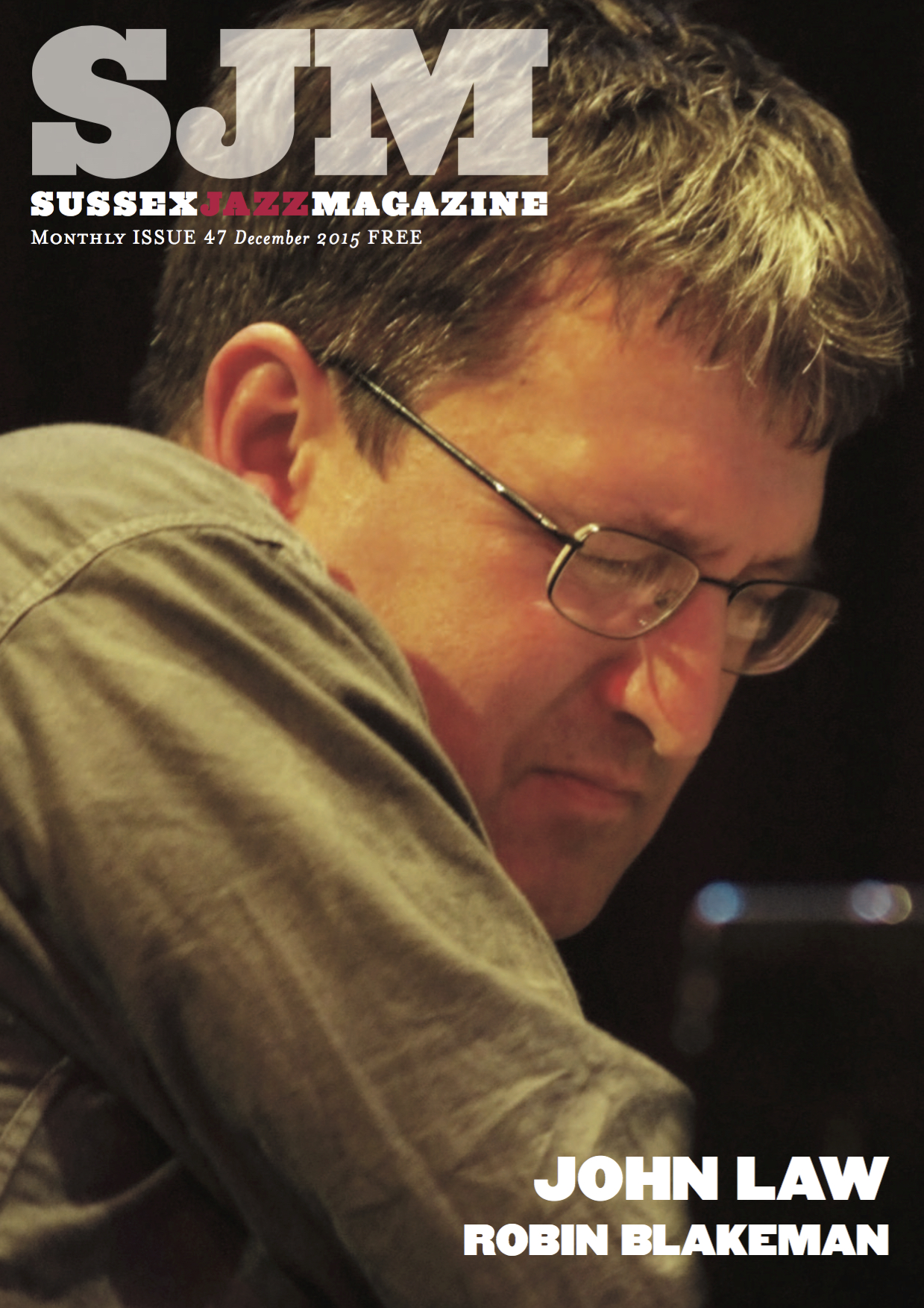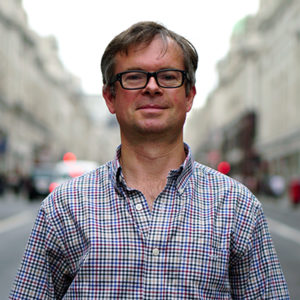John Law interview

Acclaimed pianist John Law talks to Charlie Anderson about his latest project set around Bach’s Goldberg Variations.
Tell us about your latest project, performing Bach’s Goldberg Variations. How did that come about?
“Because I’m originally from classical music, Bach is something that I play pretty much every day. For me it’s like praying or even washing in the morning. It’s just something that I do when I sit down at the piano. I know a lot of his music and I was playing the Goldberg Variations for quite a while and I thought it would be nice to record them. And then I just got this idea…well I had two ideas. One was to bookend the whole work with a couple of electronic pieces of music, an opening and a closing, which would contain the essence of the work. I don’t know if you know the work but it’s a series of variations all based on an aria which has an underlying chord structure, a bass line that underpins the whole of the work, all of the variations. So I thought that it would be nice if I could somehow catch the essence of that in an electronic sort of ambient piece of music and that it would come out of that and then at the end return to it. So that was one idea. The other idea I had was to get the music visualised, graphically, in a film that I could then play along with. I never imagined that it would be possible to do live, by the way, but that’s what we’re now doing. I’ve got someone who can alter the speed while listening to me playing and watching my fingers and following the score, someone who is also a musician. I didn’t originally imagine that I would do it live. I thought it would be nice to do some sort of DVD or put it on YouTube but at the moment I’ve only done the audio recording, so the film is not issued as a DVD with my playing but ultimately, I guess that’s what we’ll do.”
How many times have you tried it out live?
“I’ve only done it once! So, Brighton will be a second go. I did it in the summer at Froome Festival. My home town. I tried it out there, with great success. It’s quite a challenge for me, I’m now many years a jazz musician and to come back to classical, so I want a few more informal tryouts before I can see whether I can launch it on very prestigious places. But I’ve only done it the once.”
What are the main differences that you’ve encountered between playing classical music and jazz?
“They’re just very different disciplines. The starting out point is so different. In classical music you need all this control to be able to go pages and pages without mistakes and that’s not a skill that we need in jazz. If anything, we like the mistakes. The uncertainty we like. If a spanner is thrown into the works, we like it in jazz, because it can lead us somewhere totally different. But in classical music, it’s the last thing you want. You want things to be ordered in order to, as best as possible, approximate perfection for a score that’s already been written. So it’s a completely different starting out point.”
In terms of the original pieces that you’ve written, you’re very much a composer as well as a performer, where do you get that inspiration?
“I don’t know. The people that write know that it can pop into your head wherever you may be. Like in the bank, where I was a short while ago, when a tune popped into my head and I had to scribble it down, or I can sit at the piano and be just improvising and suddenly something comes to me. I can even start with an idea, like a time thing. Let’s say I want to put two times together, two different feels, two different meters. It might be an idea that’s more of a concept, then I have to try and find something that really works nicely and it’s not just an idea but one that actually soundsgood. You can start out from many different points. In the end it’s always got to be the same: that the piece somehow has to write itself otherwise you’re just struggling to put something together in an unnatural way. It has to feel like you just discovered it.”
So which of your previous compositions do you feel the most happy with or do you often go back and rework something if you hear it again?
“I do that sometimes. I might be digging around and I see an old piece of mine and I might think ‘oh, I’d like to play that’. Generally, they seem to have a bit of a shelf life. You play compositions for a while, I think a lot of musicians will agree that’s generally what happens, and they seem to have their life and then you don’t play them after that. Also, I’ve got folders and folders of tiny little ideas and you never know when you might use one. I recently wrote a piece that I might well be playing in the first half [at The Verdict] in Brighton, where I used something, a little motif. I used it but I wrote it 25 years ago. It just lay there but it just fitted for what I wanted to do, so I used it in this piece.”
“As for the one I’m most happy with, I don’t really do favourites. It’s like one of my kids, I wouldn’t do favourites so it just depends on what I’m feeling. I stand by them all, everything I’ve done, it’s fine with me. But there is a piece I wrote which I was really happy with. It was one of those pieces where I had just an abstract idea. It wasn’t a musical theme or anything. It was the idea of doing something in eleven. Something which went along nicely in 4/4 and then I had a tag of three little quavers at the end. And I just sat down and I had what I thought was a really beautiful groove to it, a really nice, natural feel to it. It didn’t sound contrived. Because when you start with an idea you very easily end up with something that’s contrived. You’re trying to put clothes on that don’t fit you or something like that. It’s a piece that I really like doing. It’s quite simple in some ways but has this little time kink in it, but it feels beautifully natural. As an example, I really like that piece.”
You’ve recently been given Arts Council funding to do another tour.
“That’s right. But I don’t think I’ll be bringing this project to Brighton because I have just appeared with that group. In October I came with that group to The Verdict. I’m touring with my new group called New Congregation, which is a quartet. We’re touring all over the UK with over twenty dates, north, south, west and east.”
What other future plans do you have?
“I’m thinking of trying to reawaken my electronic project, which was called Boink!, an electronic thing where I play keyboards, and also I’ve got guitar, drums and soprano saxophone. I’m thinking of adding cello and bass to give it a bit of a string sound and maybe viola. So doing a mix of very acoustic sounding instruments with electronics. But I’ll have to apply for a lot of funding to make that work. I might even get a singer in on it. I’m just thinking. That’s still in the pipeline. But otherwise, I’ve got some more Goldberg dates next year and I’ve got this big New Congregation tour. I need to sell those two CDs because those are the two most recent CDs that I really need to promote next year.”
For more information: www.johnlaw.org.uk
John Law’s Goldberg Projections is at The Verdict, Brighton on Tuesday 8th December.



